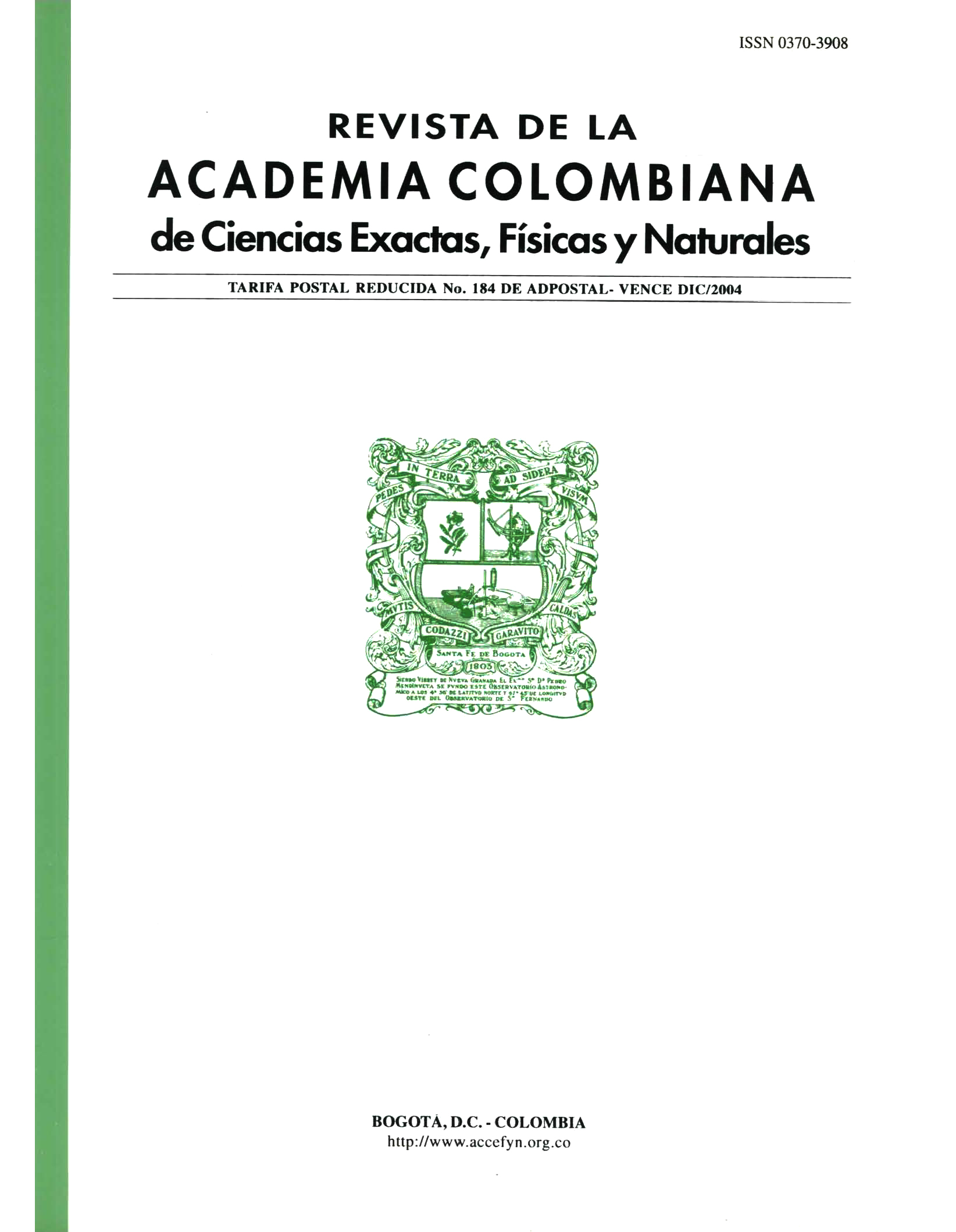Resumen
El paradigma inflacionario resuelve los tres problemas clásicos de la cosmología estándar: el problema de planitud, el problema de horizonte y el problema de las reliquias no deseadas. En particular el problema de planitud se resuelve al explicar cómo la contribución relativa de la curvatura espacial del Universo a la densidad total de energía decrece exponecialmente durante inflación. Además, el escenario inflacionario nos ofrece un mecanismo eficiente para generar pequeñas perturbaciones en la curvatura espacial que explicarían las anisotropías en la temperatura de la radiación cósmica de fondo (RCF) observadas hoy en día. Los tradicionales modelos inflacionarios que desprecian la contribución relativa reproducen las recientes observaciones del satélite WMAP sobre el espectro angular C1 de las anisotropías en la temperatura de la RCF, excepto para los multipolos más pequeños, y especialmente para el cuadrupolo (l = 2) en el cual el valor observado presenta una inesperada caída. Este extraño comportamiento nos conduce a análizar el espectro angular C1 a grandes escalas (pequeños multipolos) teniendo en cuenta la contribución relativa. De esta manera determinamos el tipo de curvatura característica del Universo observado más favorecida por los datos observacionales concernientes al cuadropolo.
Referencias
Abbott L.F. & Schaefer R.K., 1986. A general, gauge-invariant analysis of the cosmic microwave anisotropy, Astrophys. J. 308, 546.
Abramo L.R., Sodre Jr. L., & Wuensche C.A., 2006. Anomalies in the low CMB multipo1es and extended foregrounds. Phys. Rev. D 74, 083515.
Bardeen J.M., 1980. Gauge invariant cosmo1ogical perturbations. Phys. Rev. D 22, 1882.
Dodelson S., 2003. Modem cosmology. Academic Press, San Diego USA.
Efstathiou G., 2003. Is the low CMB quadrupole a signature of spatial curvature?. Mon. Not. R. Astron. Soc. 343, L95.
Enqvist K. & Sloth M.S., 2002. Adiabatic CMB perturbations in pre big-bang string cosmology. Nucl. Phys. B 626, 395.
Harrison E. R., 1967. Normal modes of vibrations ofthe Universe. Rev.Mod.Phys.39,862.
Hinshaw G. et. al., 2008. Five-Year Wilkilson Microwave Anisotropy Probe (WMAP) observations: data processing, sky maps, & basic results, arXiv: 0803. 0732 [astro-ph].
Jaffe T.R. et. al., 2005. Evidence of vorticity and shear at large angular scales in the WMAP data: a violation of cosmological isotropy?. Astrophys. J. 629, Ll.
Jaffe T.R. et. al., 2006. On the viability of Bianchi type VIIh models with dark energy. Astrophys. J. 644,701.
Kesden M.H., Kamionkowski M., & Cooray A., 2003. Can cosmic shear shed light on low cosmic microwave background multipoles?. Phys. Rev. Lett. 91, 221302.
Kolb E. W. & Turner M.S., 1990. The early Universe. AddisonWesley Publishing Company, Redwood City USA.
Komatsu E. et. al., 2008. Five-Year Wilkilson Microwave Anisotropy Probe (WMAP) observations: cosmological interpretation, arXiv:0803.0547 [astro-ph].
Liddle A.R. & Lyth D.H., 2000. Cosmological inflation and largescale structure. Cambridge University Press, Cambridge UK. Lyth D.H., 1985.
Large-scale energy density perturbations and inflation. Phys. Rev. D 31, 1792.
Lyth D.H. & Seery D., 2008. Classicality of the primordial perturbations. Phys. Lett. B 662,309.
Lyth, D.H., Ungarelli C., & Wands D., 2002. The primordial density perturbation in the curvaton scenario. Phys. Rev. D 67, 023503. Lyth D.H. & Wands D., 2002. Generating the curvature perturbation without an inflaton. Phys. Lett. B 524, 5.
Mariño G.A. & Rodríguez Y., 2008. In preparation.
Massó E. et. al., 2006. Imprint of spatial curvature on inflation power spectrum. arXi v: astro-ph/060934 9v4.
Moroi T. & Takahashi T., 2001. Effects of cosmological moduli fields on cosmic microwave background. Phys. Lett. B 522, 215; Erratum ibid 2002. B 539, 303.
Moroi T. & Takahashi T., 2004. Correlated isocurvature fluctuation in quintessence and suppressed CMB anisotropies at low multi poles. Phys. Rev. Lett. 92, 09130 l.
Mukhanov V.F., 2005. Physical foundations of cosmology. Cambridge University Press, Cambridge UK.
Mukhanov V.F., Feldman H.A., & Brandenberger R.H., 1992. Theory of cosmological perturbations. Part 1. Classical perturbations. Part 2. Quantum theory of perturbations. Part 3. Extensions. Phys. Rep. 215, 203.
Nolta M.R. et. al., 2008. Five-Year Wilkilson Microwave Anisotropy Probe (WMAP) observations: angular power spectra, arXiv:0803.0593 [astro-ph].
Piao Y.-S., Tsujikawa S., & Zhang X.-M., 2004. Inflation in string inspired cosmology and suppression of CMB low multi poles. Class. Quantum Grav. 21, 4455.
Sachs R.K. & Wolfe A.M., 1967. Perturbations of a cosmological model and angular variations of the microwave background. Astrophys. J. 147, 73.
Weinberg S., 2008. Cosmology. Oxford University Press, Oxford UK.
Yamazaki D.G. et. al., 2008. Effects of a primordial magnetic field on low and high multipoles ofthe CMB. Phys. Rev. D 77, 043005.

Esta obra está bajo una licencia internacional Creative Commons Atribución-NoComercial-SinDerivadas 4.0.
Derechos de autor 2023 Revista de la Academia Colombiana de Ciencias Exactas, Físicas y Naturales

